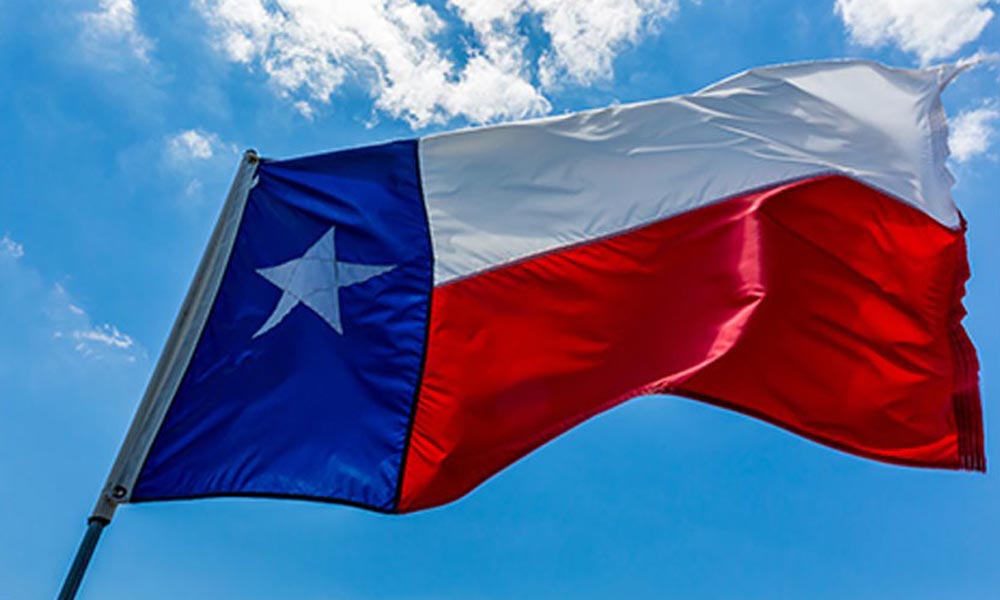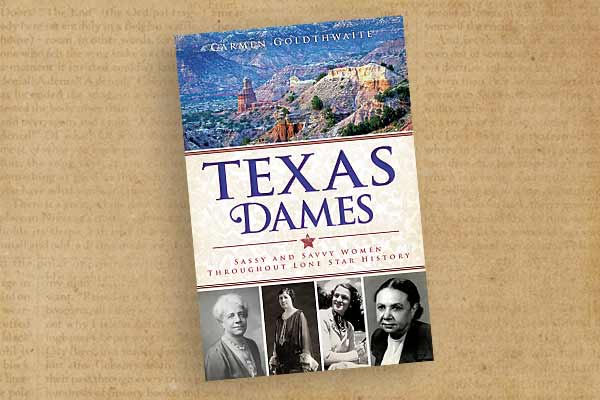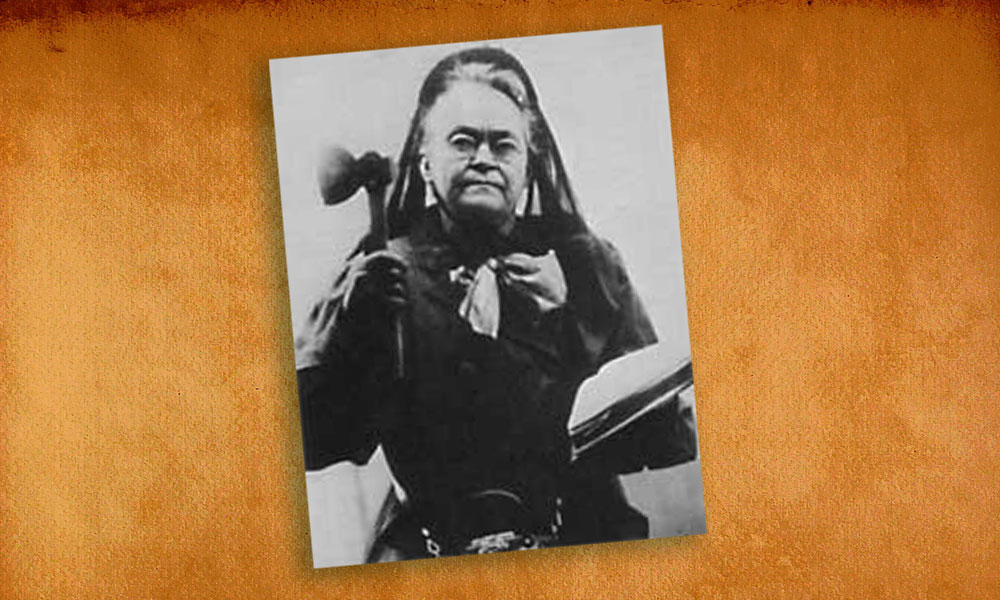
Lots of locales in the United States have good reason to celebrate or commemorate the month of March.
It was March 2 of 1836 when Texas declared its independence from Mexico in the midst of the standoff at The Alamo. Sadly, on March 6, 1836, Santa Anna and his 3,000 Mexican soldiers, after 13 days of fighting, beat 182 Texans at the Alamo. Another massacre befell Texans on March 27, 1836—Palm Sunday. At least 342 were executed by Santa Anna firing squads at Goliad. This incident joined the Alamo as a rallying cry for Texas independence. A year later, on March 3, 1837, President Andrew Jackson and Congress recognized the Republic of Texas. Eight years later, on March 1, 1845, President Tyler signed a congressional resolution to annex the Republic of Texas.
Nebraska became the 37th state on March 1, 1867.
On March 2, 1861, we got Dakota and Nevada territories, on decree from Washington. (They were created out of parts of Nebraska and Utah territories.) The same day in 1890, it was Oklahoma’s turn to become a territory.
Minnesota Territory was born on March 3, 1849. The same day in 1863, Idaho Territory was created by Congress—over 20,000 miners were already in its gold fields.
On March 10, 1848, the U.S. Senate ratified the treaty of Guadalupe-Hidalgo, ending the war with Mexico and expanding America’s holdings in the southwest, including what is now Arizona. It’s always been a cantankerous place, for on March 16,1861, Arizona voted to leave the Union and join the Confederacy. That same day, Sam Houston resigned his governorship over Texas’ secession from the union. Both would eventually return: Arizona came back into the union when President Lincoln named it a territory on its own, and Texas was the last confederate state readmitted to the union, on March 30, 1870.
On March 23, 1858, Kansas gained statehood (by a vote of 35 to 25 in the U.S. Senate.)





